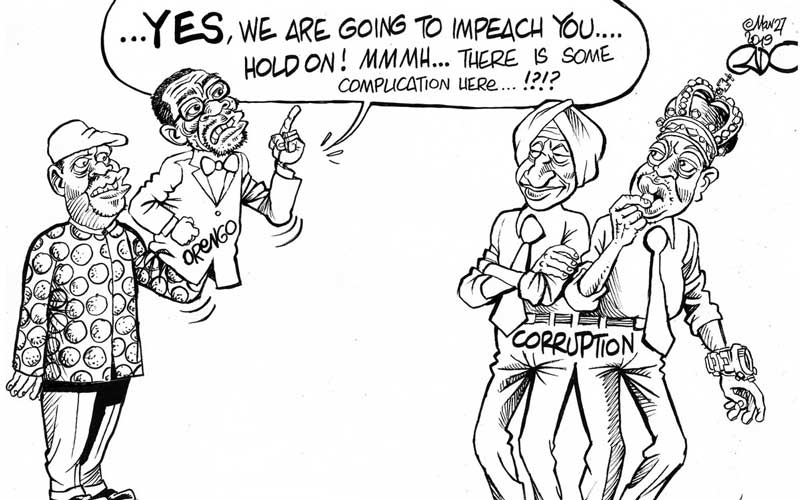×
The Standard e-Paper
Kenya’s Boldest Voice

In 2001, I joined Raila Odinga on a visit to an Arab country looking for investment in infrastructure. Raila was the Minister of Roads in Nyayo’s government. Asked about corruption in Kenya, he said “we cannot eradicate corruption completely, but we can make it a high risk, low return business’’. It struck me as a very pragmatic approach to an age old problem. Unfortunately, 18 years later the problem is worse.